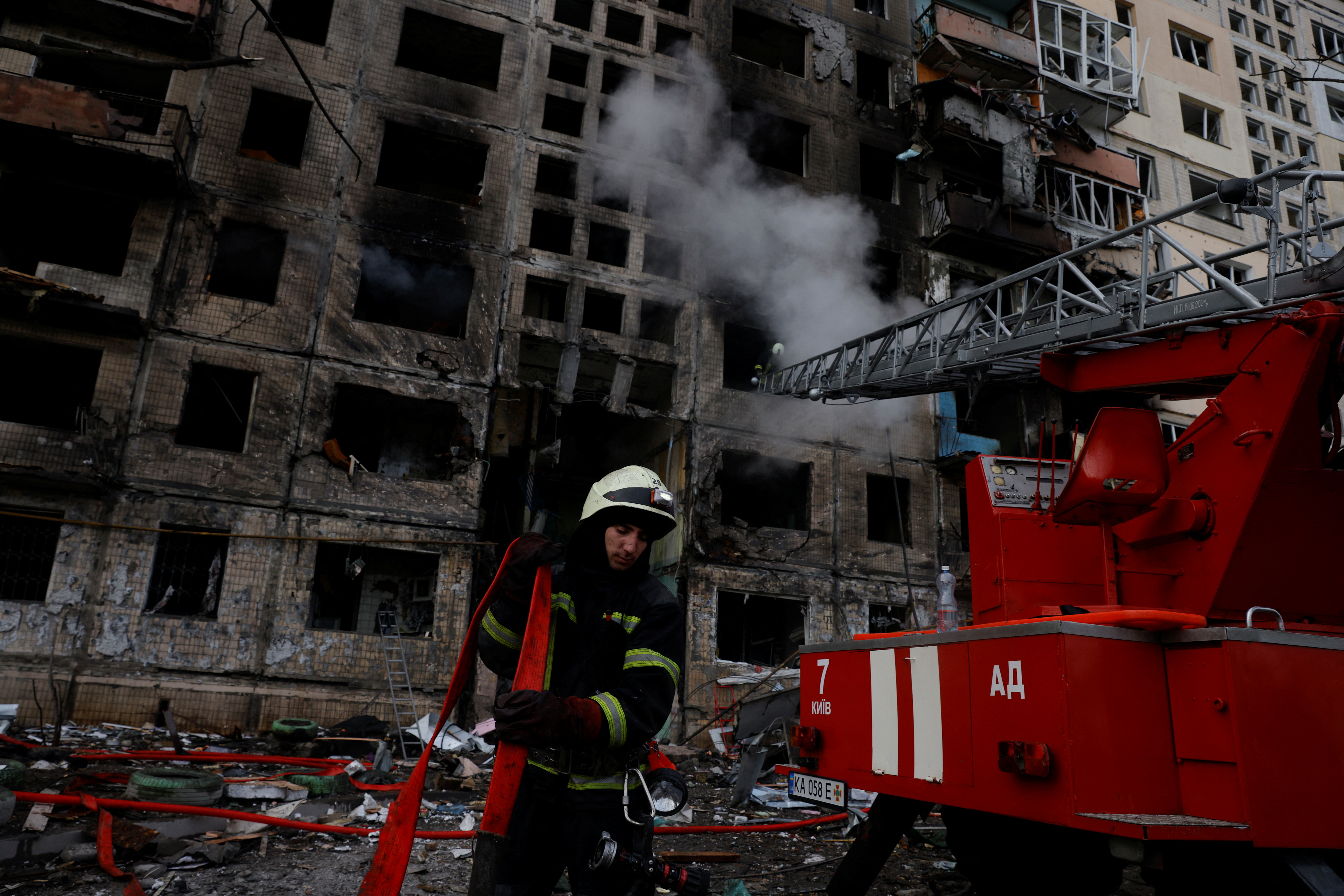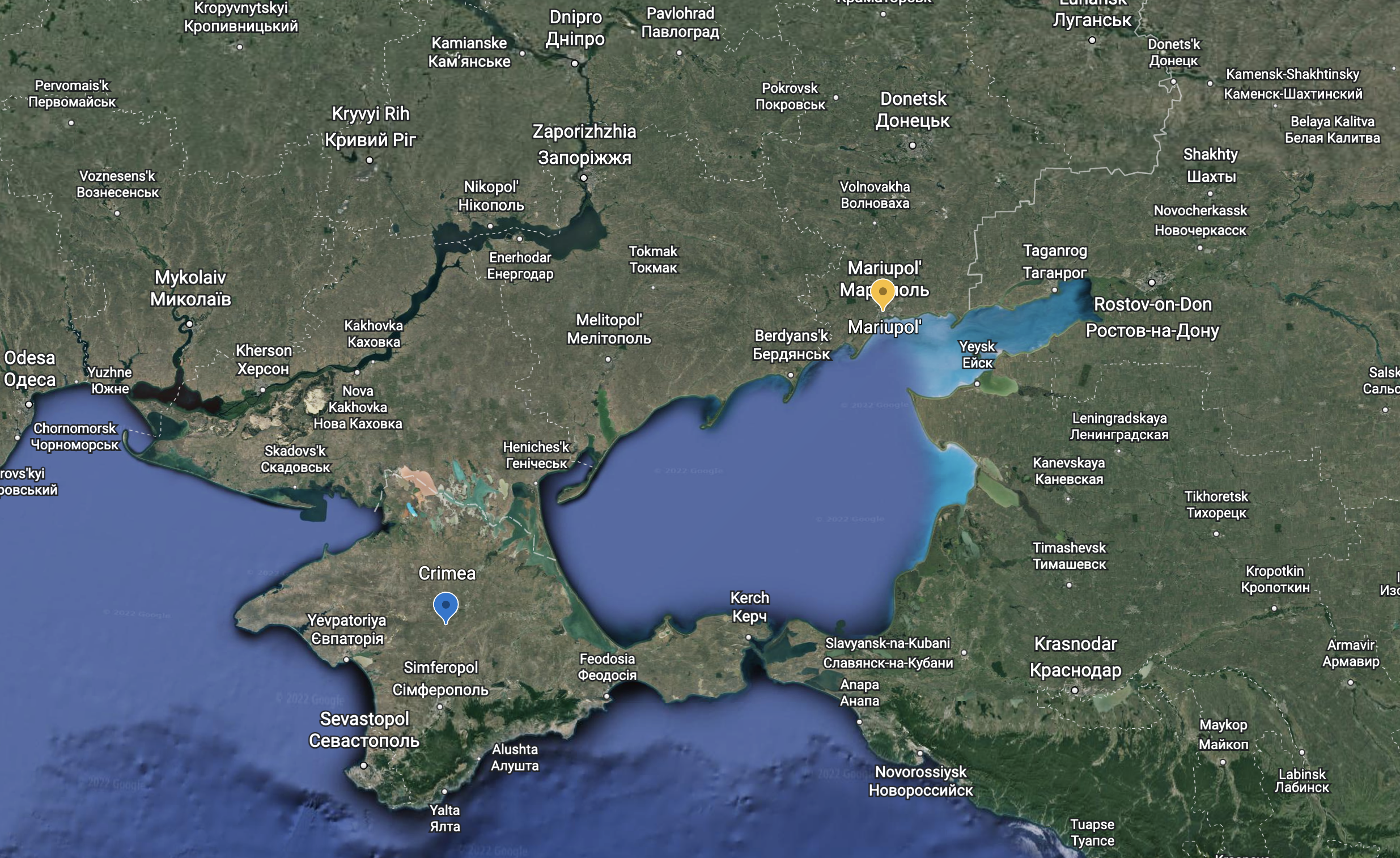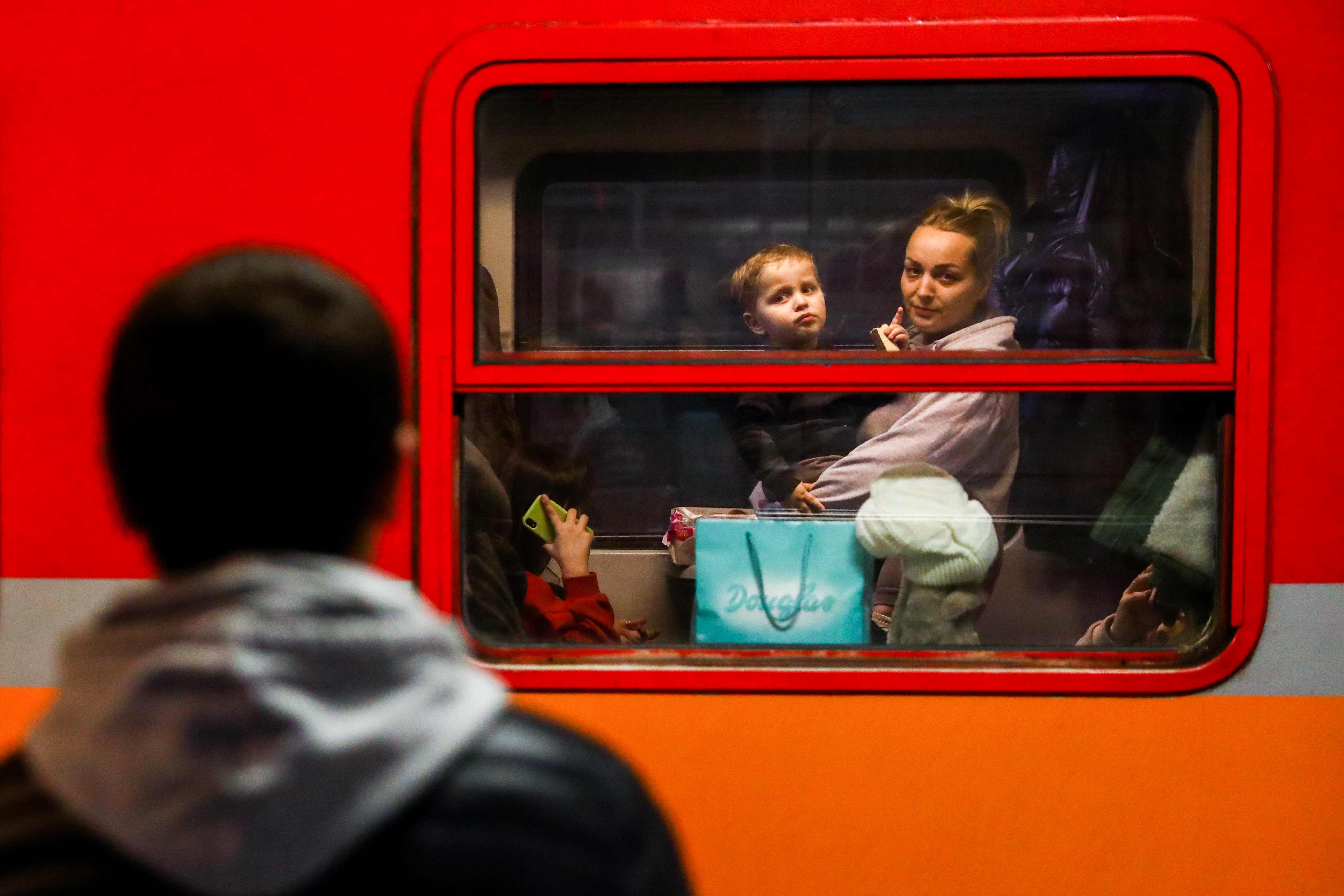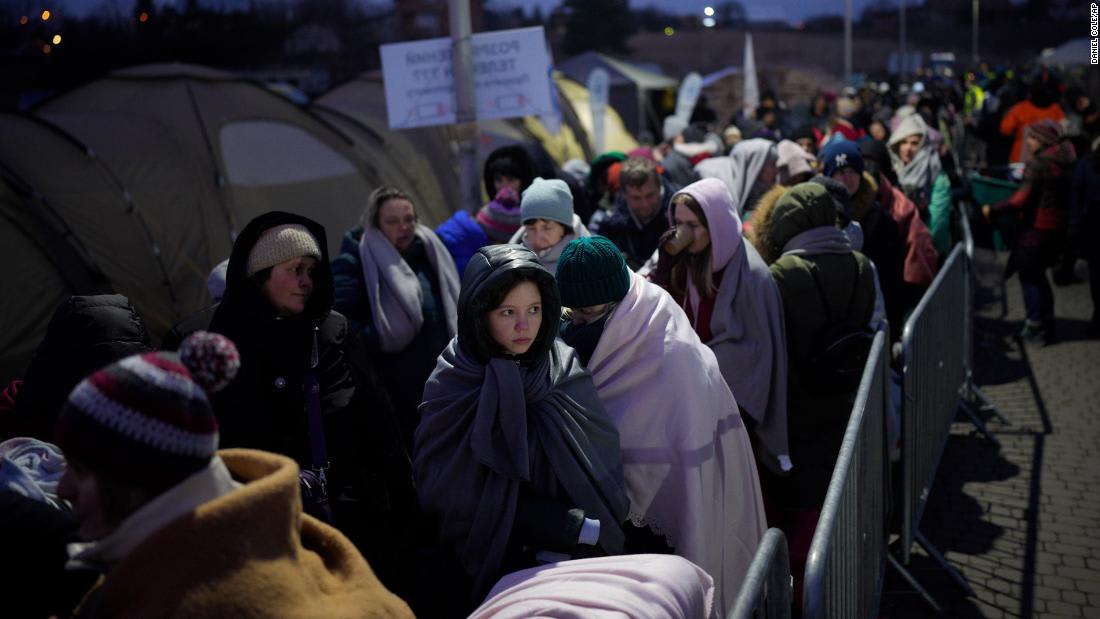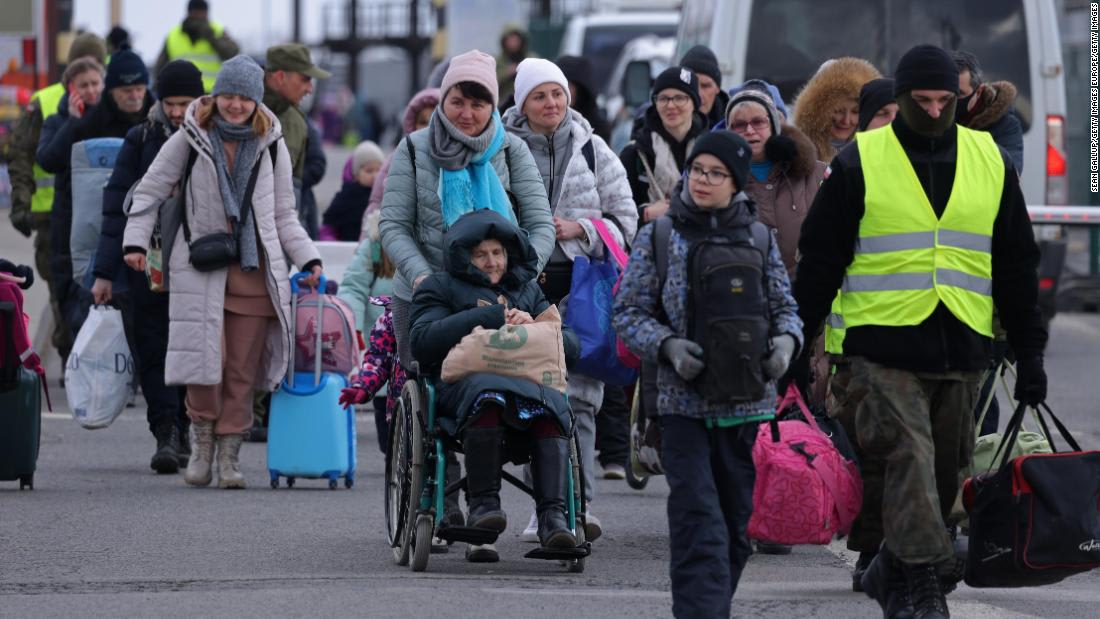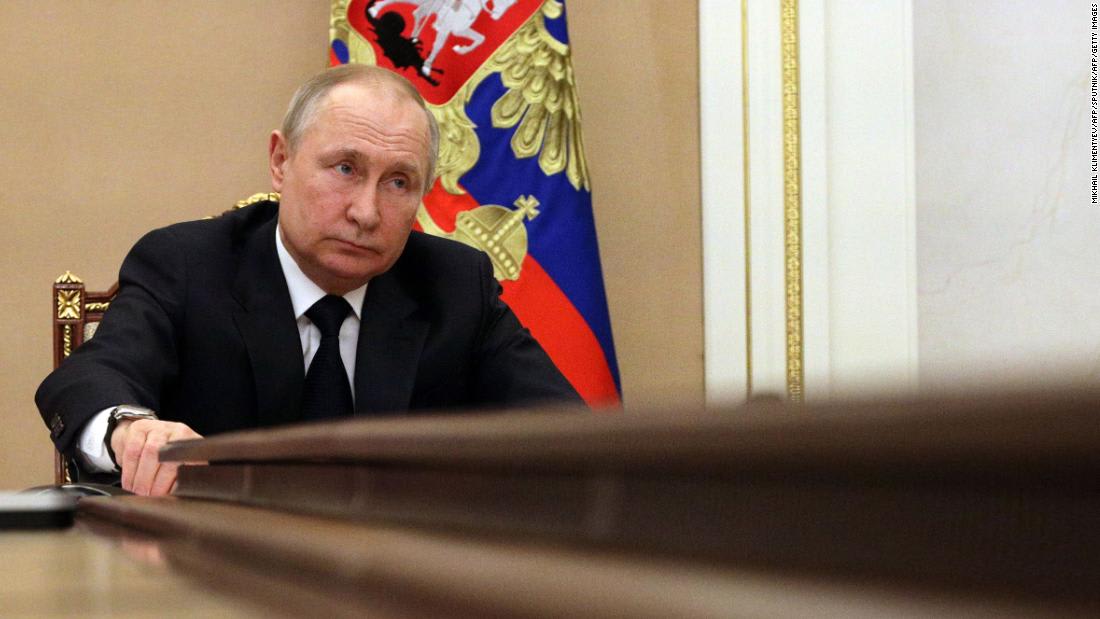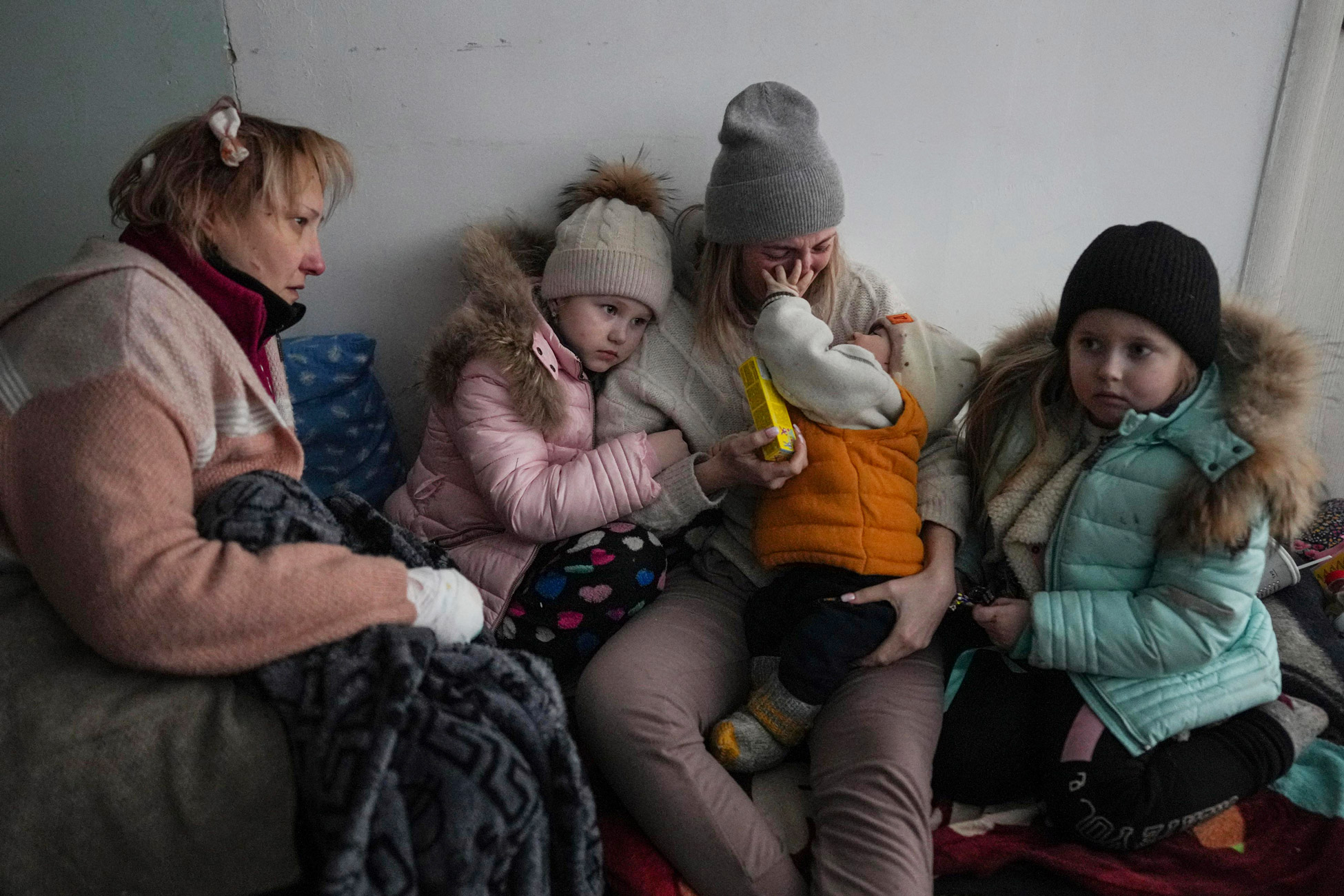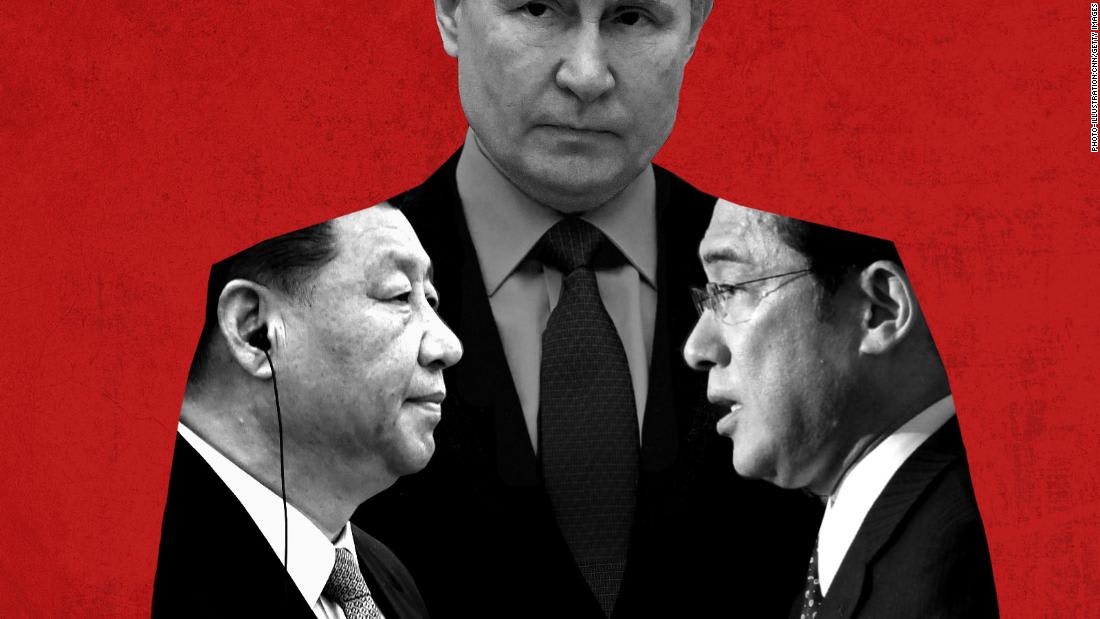Russian airstrikes hit close to a NATO member's border and Moscow asked China for military assistance in Ukraine, a senior US official said.
Here are the latest developments:
Russia expands west: Russian airstrikes hit a large military base near the western city of Lviv, which is close to the Polish border, killing 35 people and leaving more than 130 in hospital Sunday. More than 30 missiles fired from warplanes over the Black and Azov seas had hit the military base, according to a Ukrainian government statement. As Russia expands its offensive to western Ukraine, President Volodymyr Zelensky says "it is only a matter of time before Russian missiles fall" on NATO territory.
Seeking China's help: Russia has asked China for economic support and military assistance in Ukraine, including drones, two US officials said Sunday. White House National Security Adviser Jake Sullivan said the development is a “concern" and the US has made it clear to Beijing there will "absolutely be consequences" for "large-scale" efforts to give the Kremlin a workaround to US sanctions. Sullivan will meet Chinese counterparts in Rome on Monday for talks.
Ukraine and Russia talks to continue Monday: Ukrainian presidential adviser Mykhailo Podoliak tweeted Sunday talks between Ukrainian and Russian officials will take place Monday through video.
Treason investigation: Ukraine's prosecutor general has opened a treason investigation into Galina Danilchenko, the newly installed mayor of Russian-occupied Melitopol. Danilchenko was installed as Melitopol's mayor after the elected mayor, Ivan Fedorov, was detained by armed men on Friday and accused of terrorism offenses. On Sunday, Danilchenko said in a televised video that "Russian TV channels" would begin broadcasting in the region.
Ukraine cut off: Britain's Ministry of Defense said Russian forces have blockaded Ukraine’s Black Sea coast, cutting the nation off from international maritime trade.
Chernobyl staff: Staff at the Chernobyl nuclear power plant are so tired they have stopped carrying out the repair and maintenance of safety-related equipment, the International Atomic Energy Agency (IAEA) said. The 211 technical personnel and guards have still not been able to rotate from the facility since Russian forces entered the site. Ukraine managed to resume the power supply at Chernobyl on Sunday.
Dire situation in Mariupol: The city's administration confirmed Sunday night a large convoy of humanitarian aid destined for the besieged city had not arrived, and was still stuck in Berdyansk, some 50 miles to the west. Berdyansk is being held by Russia. A resident of Mariupol painted a grim picture of the situation in the city in a video diary posted on Twitter, saying "the world doesn't know what's happening here ... This is horror."
